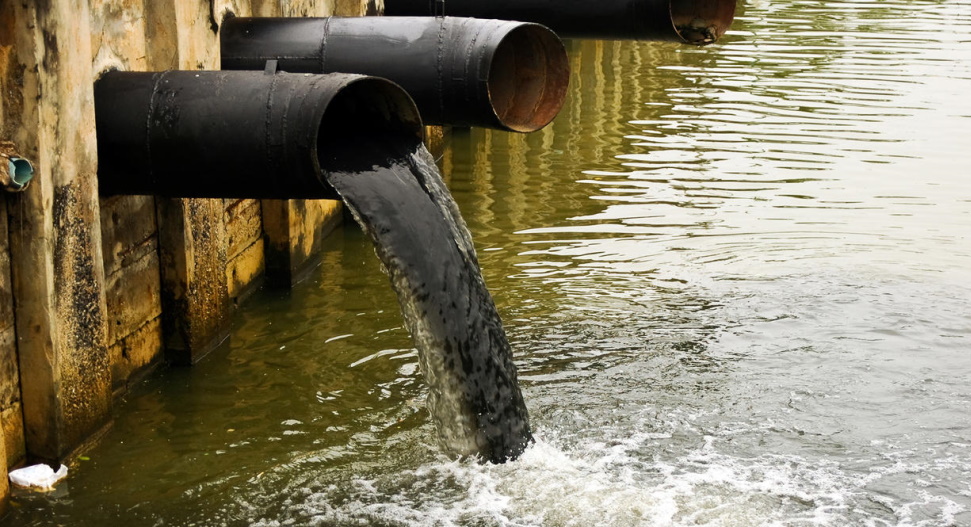Water Pollution: Causes, Hazards & Prevention

Water has always been one of the most important elements in our world, and it has been since the beginning of time. Water has been considered as life by many, and properly so, for practically all living things rely on it to survive. However, it is common knowledge that water is only safe to drink when it is clean. You can see why it's depressing to learn that individuals are mostly responsible for the majority of water contamination around the planet.
Water pollution is the contamination of water sources by external pollutants, rendering them unsuitable for drinking and other uses such as cooking, cleaning, irrigation, and swimming, among others. This article will discuss why it is critical to minimise water pollution and what steps can be taken to reduce it.
The Most Common Sources of Water Pollution
Water pollution has a variety of sources, many of which may be linked back to various types of contamination. Here are a few of the most prominent reasons why clean water is getting increasingly difficult to obtain in various regions of the world.
-
* Improper sewage disposal
-
* Unauthorized dumping of radioactive waste materials
-
* Rural and urban development
-
* Oil spills
-
* Industrial chemical wastes
The PSA Group is an expert in the cleanup and containment of hazardous spills.
Polluted Water's Consequences
Today, we are witnessing a tremendous growth in water contamination, resulting in a global water scarcity. Nobody can survive without clean water, whether they like it or not. As a result, it is safe to conclude that the growth in water contamination is causing us more harm than anticipated. Here are some of the most well-known consequences of water pollution.
-
Insufficient potable water
-
Diseases
-
Infant mortality
-
Food poisoning
-
Productivity loss
Ways to Prevent Water Pollution that Have Been Proven
Finding answers to the widespread water pollution is critical, and it all begins with small actions. This is why we've compiled a list of ways you may help reduce this type of activity in your community.
-
Toxic chemical disposal: Records show that household solvents, dirt-removal chemicals, and pesticides are being used at an all-time level. In light of the chemicals' usage, this isn't necessarily a concerning statistic. What counts most, though, is how we dispose of them afterwards, and doing so properly can help reduce pollution.
-
Proper oil and grease disposal: Many people believe it is acceptable to throw spent oil and grease down the drain, but this is as bad as it gets in terms of water contamination. Submitting leftover cooking oils and grease to disposal organisations is the best way to get rid of them.
-
Avoid using dangerous cleaners: Cleaning without detergents can be difficult, but did you know that phosphate-free detergents are the best? This detergent kind considerably reduces the risk of water pollution.
-
Regularly clear drains and pipes: External particles can get into our pumps and water pipes, lowering the quality of the water we receive. These particles are contaminators, and cleaning these water pathways on a regular basis will aid in their removal.
Conclusion
The value of clean water cannot be overstated, but its availability is frequently jeopardised by pollution. This is why, in order to prevent water pollution, all hands must be on deck, and the methods for doing so are discussed in this article.
The PSA Group provide a range of advanced environmental management services aimed at targeting and managing waste management emergencies. This includes soil and water testing, polluted water transport and disposal, dewatering services and much more.








